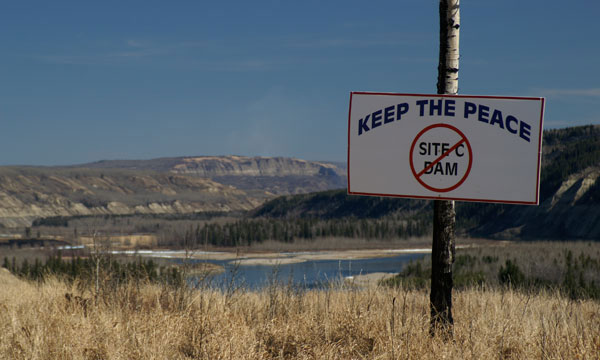
B.C Hydro’s project plan to construct a dam is mainly to generate clean hydroelectric to cater to the growing population in Canada. Yet in order to do this, part of the First Nation lands must be used with a consequence of flooding and destroying part of their farmlands and wildlife habitat. Of course, the First Nation resisted and opposed the idea, not only will this project plan destroy their land, part of their daily traditions and cultural norms will also be disrupted, such as fishing, hunting and traditional ceremonies which are highly valued within tribes and First Nation communities.
The resistance to change is an example of external factor affecting the planned change, in this case, the First Nation resisting changes to B.C Hydro’s plans due to their strong societal and cultural trends. Though issues regarding land are not uncommon, this particular dispute is regarding the destruction of the environment and a key trend, thus both sides of the debate proposes equally valid arguments. Granted, B.C Hydro’s project plan is arguable to be ‘for the greater good’, yet the people who are greatly affected happens to be the people who have been living in the very same land for generations dating back a complete history of traditions and culture and to suddenly impose a project plan on their land will definitely generate negative responses and strong oppositions.
Sources
- http://www.vancouversun.com/news/First+Nation+chiefs+stage+Site+showdown/10215965/story.html?__federated=1
- http://www.vancouversun.com/life/Premier+urges+cooperation+more+litigation+government+natives+reach+fork+road/10194776/story.html